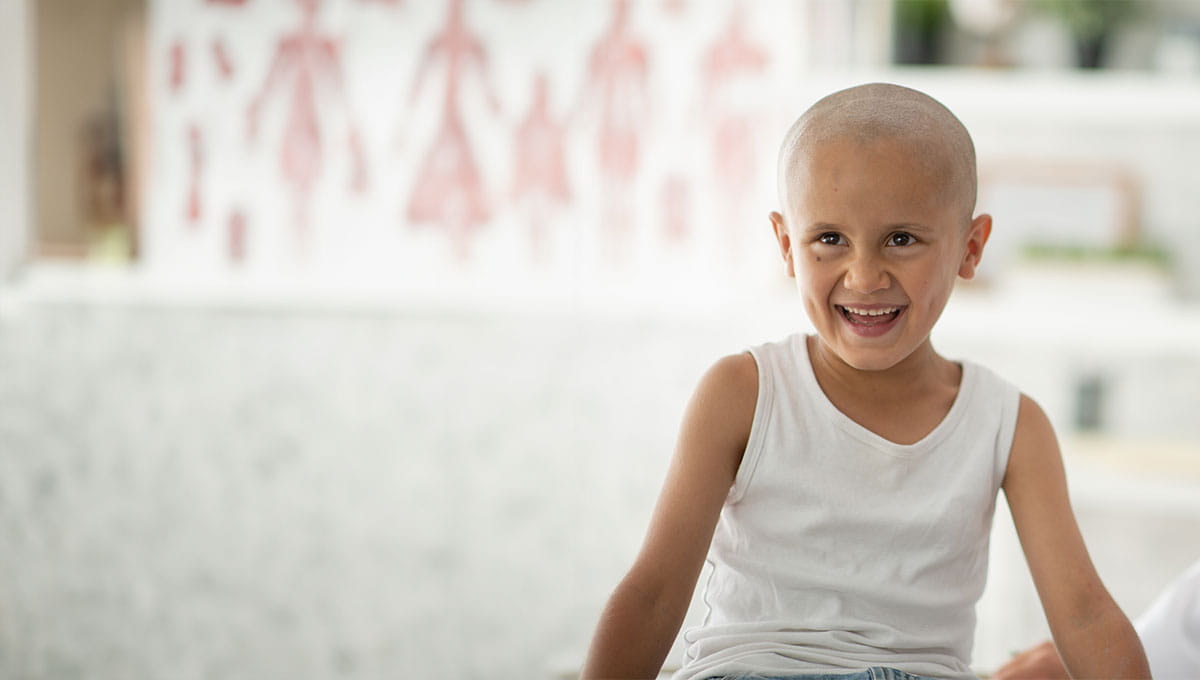We're growing! Find your way while visiting the ACH campus. Learn more >

Our Brain and Spinal Cord Tumor Clinic team provides specialty care for every aspect of care based on their individual needs.
 Overview
Overview
 Conditions
Conditions
 Treatments
Treatments
Our expert pediatric neurosurgical team uses advanced technology for diagnosis and innovative techniques for the treatment of brain and spinal tumors. Innovations such as the non-invasive brain mapping technology called magnetoencephalography (MEG), helps us evaluate brain activity and mapping before brain tumor surgery. As a dedicated children’s hospital, all aspects of our care are focused on children. Our team knows how every step of care must be tailored to each individual patient – based on their unique phases of growth and development. Our Brain Tumor Program team reviews every single patient together to monitor progress and make decisions as a team – using the experience and expertise of each team member.
With access to all of the advanced technology resources at Arkansas Children’s, our patients are able to schedule any diagnostic tests or services in the same building as our brain and spine tumor specialists. With magnetic resonance imaging (MRI) and positron emission tomography (PET), our specialists are able to accurately diagnose and then regularly monitor tumor activity.
Our specialized Neurofibromatosis (NF) Clinic offers expertise for the diagnosis and treatment of patients of all ages with neurofibromatosis, including NF1, NF2, and schwannomatosis. Our team of pediatric specialists works together for personalized care plans, including short and long-term monitoring. By working with a team that is focused on neurofibromatosis specific aspects of care, including clinical trials, your child will benefit from our team’s unique experience and expertise.
Because neurofibromatosis is a genetic disorder, Arkansas Children’s also provides genetic counseling and support for parents as they better understand how neurofibromatosis can affect family decisions.
Arkansas Children’s offers numerous clinical trials for our patients with brain and spine tumors through several national and international affiliations. Our Experimental Therapeutics Program provides new and innovative treatments or therapies. If you have any questions or need more information about whether one of these clinical trials may be available for your child, please contact Catherine Redinger BSN, RN, CPHON at redingercatherinel@uams.edu or 501-364-4290.
We offer new techniques and clinical trials, unique to specific tumors we treat, for an aggressive path of care – providing the skill and experience necessary for the most complex cases. New therapies may be available through our Experimental Therapeutics Program, including:
 Health at Home
Health at Home
Manage your child's medical information and connect with your Arkansas Children's medical team anytime online!
Log in to MyChart